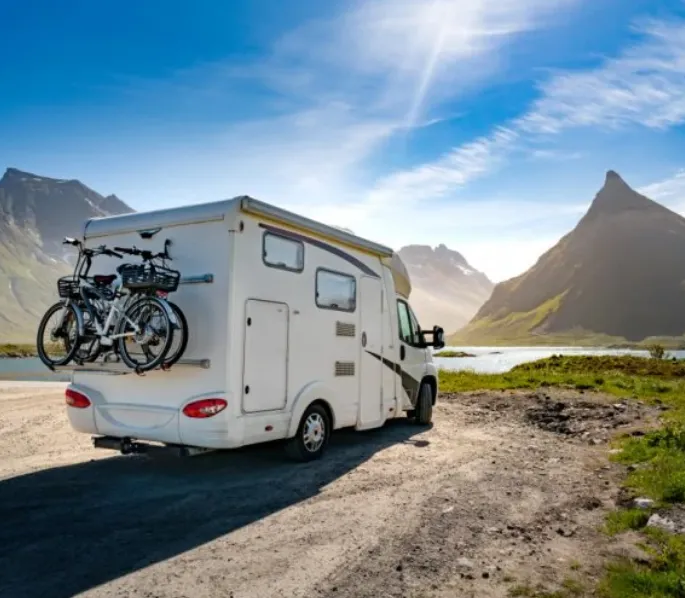Congratulations on purchasing your new Recreational Vehicle (RV)! While you’re probably excited about all the adventures ahead, don’t forget about the crucial step of getting the right insurance coverage. Before you hit the road, it’s essential to ensure you’re properly covered for peace of mind during your travels.
The Basics of RV Insurance
When it comes to insuring your RV, two main types of coverage should be a priority: liability and comprehensive coverage. Liability insurance protects you if you’re found responsible for an accident, covering damages or injuries caused to others. Since RVs are large and heavy, they can cause significant damage to other vehicles and passengers.
If you’re involved in an accident where the other party suffers injuries or even death, and you are at fault, you may face a costly lawsuit. Liability insurance helps cover medical bills, funeral costs, lost wages, and other expenses resulting from the incident. While liability insurance is often legally required, it doesn’t prevent you from being sued, but it can help cover the financial costs and potentially save you from financial devastation.
Insurance Isn’t an Excuse for Reckless Driving
Remember, having liability insurance isn’t a free pass to drive recklessly. If the other party can prove your actions were intentional or grossly negligent, your insurance may not cover the lawsuit costs, and you could be held personally responsible. It’s wise to have adequate liability coverage, and consider adding an umbrella policy to offer extra protection.
Liability insurance won’t cover your own injuries or damage to your RV, so you’ll need additional coverage for that. Collision and comprehensive insurance are essential for protecting yourself and your vehicle in the event of an accident.
Collision and Comprehensive Coverage
Collision insurance is vital if you’re at fault in an accident, especially since RVs are more prone to accidents due to their size and weight. Many first-time RV owners may not have as much experience driving such large vehicles, which could increase the risk of collisions.
Comprehensive coverage is equally important, as it protects your RV from events like fire, theft, vandalism, or natural disasters. If you take your RV camping or off-road, this type of coverage is particularly crucial. Rough terrain and natural disasters like wildfires or flash floods are common risks that RV owners face.
Additional Insurance Options for Your RV
Beyond the basics, there are several additional options to consider. Personal effects coverage protects your belongings inside the RV if they are damaged or stolen. This is especially useful for those who camp in remote areas where wildlife or other factors could damage your items.
For full-time RVers, full-timer coverage provides added protection similar to renters or homeowners insurance, covering personal property and additional liability needs while living in the RV.
Vacation liability coverage is another option, designed for those who use their RV only for vacations. It can cover medical expenses, property damage, and even legal fees while you’re traveling. This can be a more affordable addition to your policy for occasional RV users.
Lastly, roadside assistance coverage is highly recommended. It’s no fun to deal with a flat tire or other issues on a 20,000-pound vehicle, especially in remote areas. Roadside assistance can save you a lot of hassle, providing support if your RV breaks down far from civilization.
Finding the Right RV Insurance
Ultimately, the best insurance policy for your RV depends on factors like how often you use it, where you travel, and your personal needs. At Insurance Pros of Arizona, we can help you navigate the different options and find the perfect policy to suit your RV lifestyle. With the right coverage, you can enjoy your road trips knowing you’re fully protected.




